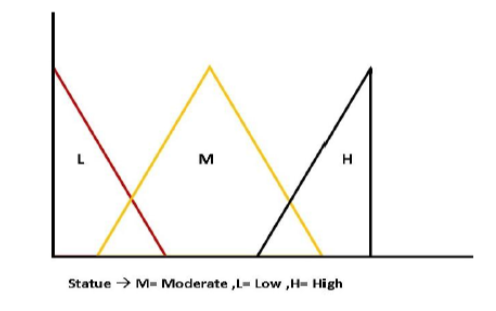


Indian Journal of Science and Technology
Year: 2021, Volume: 14, Issue: 4, Pages: 325-334
Original Article
Badeea Tabaza1, Obadah Al-Habashneh1, Omar Lasassmeh2*
1Dept of Information Management System, School of Business, Mutah University
2Dept of Computer Information System, Faculty of Information Technology, Mutah University, Jordan
*Corresponding Author
Email: [email protected]
Received Date:29 November 2020, Accepted Date:21 January 2021, Published Date:02 February 2021
Objectives: To enhance the performance of HR’s staffing function by providing an intelligent framework that allows convenient assessment and selection procedures. Methods: We proposed a new approach that mainly uses Data Mining (DM) and Machine Learning (ML) to develop and train an intelligent framework by learning the behavior of the staffing committee in assessing and selecting applicants for specific job requirements. It utilizes fuzzy logic to mitigate the decision uncertainty and provide an objective mechanism for filtering best-fit applicants’ profiles for the next selection phase. The proposed framework was trained on a labeled dataset consisted of (414) CVs. A 5- fold cross-validation method was used to train and evaluate the proposed framework. The highest accuracy achieved was (84%) at k=2); while the lowest accuracy achieved was (71%) at K=1. Findings: The accuracy performance is at acceptable levels and can be improved as more data involved in the training process.
Keywords: Staffing; data mining; fuzzy logic; machine learning
© 2021 Tabaza et al.This is an open access article distributed under the terms of the Creative Commons Attribution License, which permits unrestricted use, distribution, and reproduction in any medium, provided the original author and source are credited. Published By Indian Society for Education and Environment (iSee)
Subscribe now for latest articles and news.